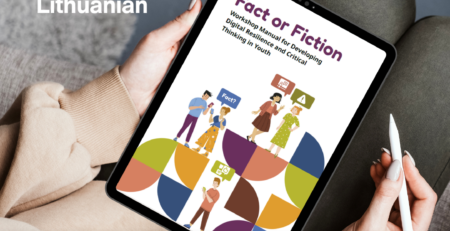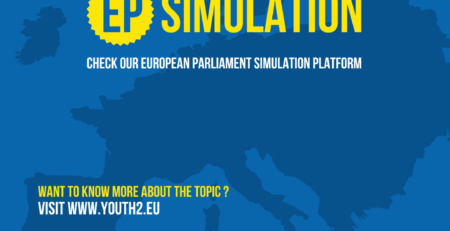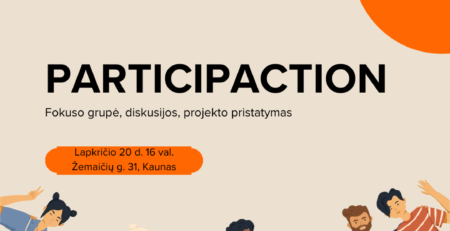Enhancing European Identity through Intercultural Learning: A Project Focused on Empowering Youth
“EU citizenship is a balance between freedom to be different, unique, have your own cultural values, traditions, rights, attitude and responsibility of your actions, tolerance, treating every person equally, taking care of your environment.”
These are the thoughts of one of Lithuanian participants after the training course in the project “Enhancing European Identity through Intercultural Learning” that took place on 26th January – 4th February in Paralimni, Cyprus.
Lack of public spirit is a rising issue in the contemporary society as it affects every citizen in one way or another. A diminished sense of community and decreased civic engagement results in less people contributing to the collective good as well as lack of support for public institutions, meaning poorer large-scale decisions being made in the long run. This reflects on the youth as dissatisfaction towards current political climate fosters disinterest and helplessness among young people. Hence, if young citizens are not willing to engage in civic duties and be active, they may be less likely to advocate for policies that benefit the community.
Carrying this notion, the project was implemented. The training course of the project promoted Non Formal Learning and gathered 21 participants from 7 countries to share their personal and professional experiences in pursuit of developing a programme that corresponds to the interests of a modern citizen. The programme was created following the certain objectives of the project, which included international cooperation of people who aim for eliminating discrimination and marginalization through social inclusion practice, expanding knowledge of young people on EU and human rights, creating positive influence on further projects and developing skills of youth that are necessary for entrepreneurship and employability. Overall, the project was made to target youth from different backgrounds, thus encouraging diversity and cultural exchange.
While collaborating during the project, participants contributed to the cause based on their competences and worked towards several products. New activities and sessions for diversity and youth work were developed, and as the training course went on, participants were working on a photo album that reflected the activities completed during the week. Finally, a participants’ interview was conducted where they reflected on the training course. All final products can be found in the project website.
The training course left an efficient impact on the participants and the representing organizations also. Based on the final evaluations, it can be concluded that participants consider their awareness on social inclusion, human rights, the need for diversity and active European citizenship increased. Alongside to this, organizations reported having strengthened cooperation, while local community was informed about Erasmus+.
We’re proud to say that the project has been a great success. Through the collaboration of partner organizations, we were able to foster a greater sense of European identity among young people and promote the values of equity, cooperation, and social inclusion. We believe that this project has made a valuable contribution to the ongoing efforts to enhance active citizenship and public spirit. We would like to extend our thanks to all of our partners for their support and collaboration throughout this project.
🇪🇺 The project is funded by the Erasmus+ programme of the European Union.





